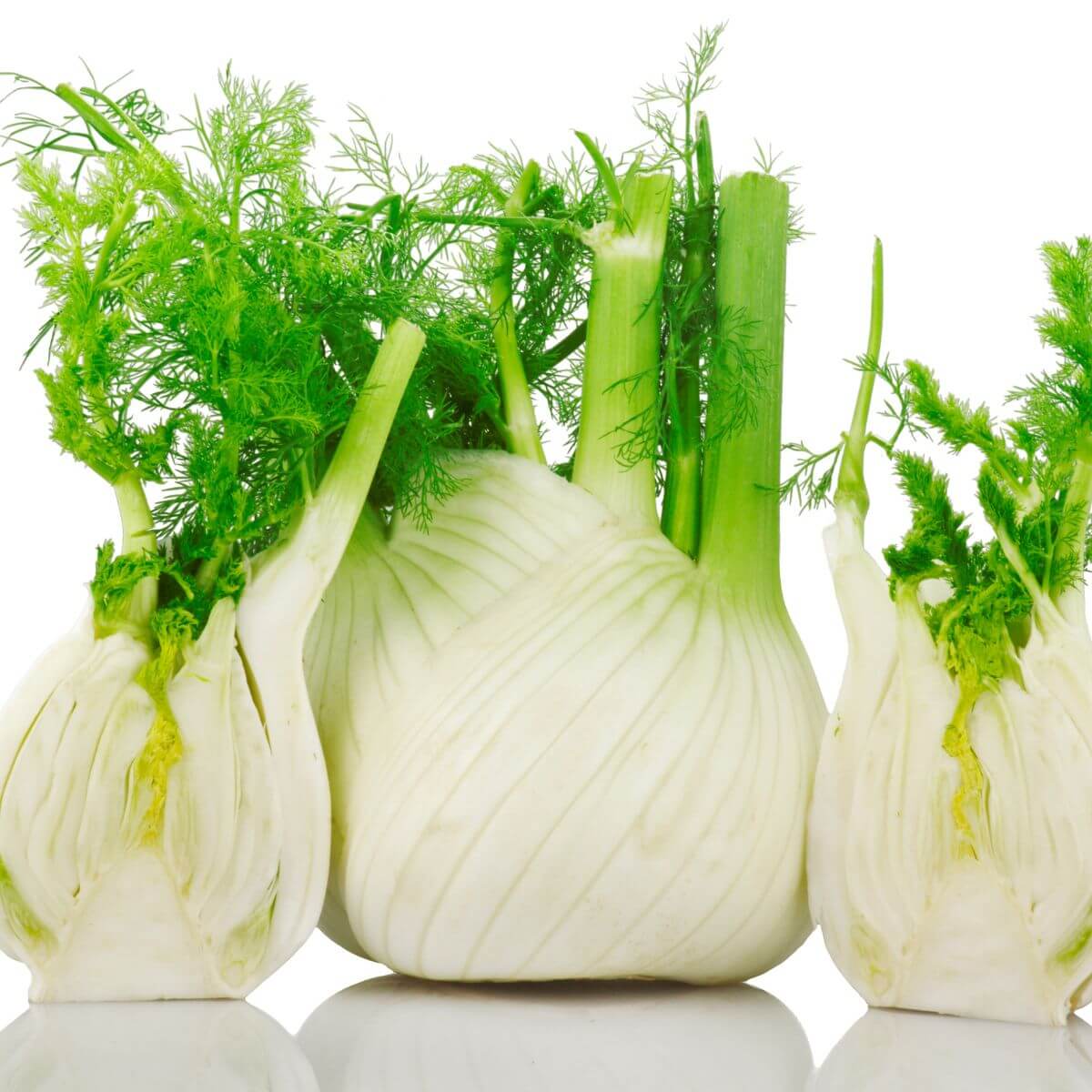Are you struggling with unwanted weight gain and wondering if gluten intolerance could be the culprit? Have you suspected a gluten intolerance or allergy are the cause of your weight gain? Also, what are the signs and symptoms to look out for if you suspect gluten intolerance? Let’s discuss.

The link between gluten and weight gain has been hotly debated among health experts and researchers. In recent years, gluten-free diets have gained popularity as a means of managing weight and improving overall health.
But is there really a connection between gluten intolerance and weight gain?
In this article, we delve into the relationship between gluten intolerance and weight gain to help you separate fact from fiction. We explore the science behind gluten intolerance and its potential impact on your waistline.
We also examine the factors that may contribute to weight gain in individuals with gluten intolerance.
Whether you’ve been diagnosed with gluten intolerance or are curious about the possible effects of gluten on your weight, this article aims to provide you with accurate and up-to-date information.
Stay tuned to unravel the link between gluten intolerance and unwanted weight gain.
What is Gluten Intolerance?
First, you may have heard about celiac disease, but do you know what gluten intolerance is?
Gluten intolerance is a condition where the body has difficulty digesting gluten. One sign of gluten intolerance can be unexplained weight gain or even loss.
However, unless you have been living under a rock, you have undoubtedly seen or heard many people say they reduce their gluten or give it up altogether.
So, can a gluten sensitivity actually cause weight gain? But does gluten itself cause weight gain? And what are common symptoms of gluten intolerance? All good questions.
In some cases, people actually have allergies or a condition called celiac disease, which causes gluten to make them ill.
Others simply have a sensitivity or intolerance to gluten. The latter is more common, so that is what we will talk about. Again, can gluten food intolerance or allergy cause weight gain?
Let’s begin with the definition of gluten.
What is Gluten?
Gluten is a type of protein found in various grains. Many people think about wheat as gluten. However, it can also be found in rye, oats, and barley.
The gluten protein is made up of other proteins, including glutenin and gliadin. These are often more closely linked to people with negative reactions in a gluten allergy or celiac disease, an autoimmune condition of the small intestine.
How Gluten Affects the Body
The symptoms are slightly different when comparing an intolerance or sensitivity to gluten, rather than actually being allergic to it.
These reactions may include bloating, stomach pain, fatigue, and weight gain. Research shows that gluten sensitivity can lead to inflammation in the body, disrupting the normal functioning of hormones and gut health. This disruption can contribute to difficulties in weight management.
We delve into the potential mechanisms behind how gluten intolerance and weight gain are intertwined.
Common Symptoms of Gluten Intolerance
When you have an intolerance to gluten, your signs and symptoms can range from mild discomfort and abdominal pain to some more common signs of being allergic to gluten.
A gluten intolerance or allergy could even cause you to gain weight. First of all, you might find that you have abdominal discomfort, bloat, or indigestion when you consume food with significant wheat or rye.
There are actually many regular food items that contain wheat or other grains, that you would otherwise expect are fine.
You may eat a simple sandwich with wheat bread and suddenly find your stomach is hurting, and you might even have diarrhea or nausea.
Some other common symptoms include headaches, skin changes, and allergy symptoms like coughing, sneezing, and runny nose.
In addition, individuals may notice weight gain due to increased appetite due to nutrient deficiencies. This is why some people notice weight gain caused by their gluten intolerance or allergy.
When our bodies can’t probably absorb the nutrients from the foods we eat, hunger cravings will increase due to those nutrient deficiencies.
Most people will struggle to keep their weight up from malnutrition. But some individuals notice that gluten food intolerance can cause weight gain.
Insufficient vitamins and minerals being absorbed by the body can cause someone to overeat in an effort to fully nourish their bodies.

Lifestyle Changes When You Have Gluten Intolerance
If you have gluten sensitivity, you don’t have to completely give up all gluten.
However, you need to decrease it as much as possible. The more foods you eat with gluten, the worse you will feel. They might not cause serious illness, like if you had celiac disease, but gluten can definitely make you feel ill.
So, if you want those stomach aches and headaches to go away, stay away from foods with wheat, rye, or barley. This includes most bread, grains, pasta, and many packaged and processed foods.
You should try to stick to a diet consisting primarily of fruits, vegetables, and lean protein like meat.
Tips for Managing Gluten Intolerance and Weight
Gluten intolerance, also known as celiac disease or non-celiac gluten sensitivity, can present some challenges in managing one’s weight.
However, with the right approach and a few helpful tips, it is possible to maintain a healthy weight while adhering to a gluten-free diet.
1. OPT FOR WHOLE, UNPROCESSED FOODS
Focus on consuming various nutrient-dense, gluten-free foods, such as fruits, vegetables, lean proteins, and whole grains like brown rice, quinoa, and gluten-free oats.
Avoid highly processed gluten-free products that may be high in added sugars, unhealthy fats, and calories.
2. BE MINDFUL OF PORTION SIZES
Keep an eye on your portion sizes to avoid overeating. Even gluten-free foods can contribute to weight gain if consumed in excessive amounts.
Consider using smaller plates and bowls to help control portion sizes and listen to your body’s hunger and fullness cues.
3. INCLUDE FIBER-RICH FOOD
Adding high-fiber foods to your diet can help you feel fuller for longer, aiding in weight management.
Incorporate gluten-free sources of fiber, such as legumes, chia seeds, flaxseeds, and vegetables like broccoli and Brussels sprouts.
4. WATCH OUT FOR HIDDEN SOURCES OF GLUTEN
Gluten can often hide in processed foods, sauces, dressings, and condiments. Always read food labels carefully to ensure that the products you choose are gluten-free.
When dining out, communicate your dietary needs to the restaurant staff to avoid accidental gluten exposure.
5. STAY HYDRATED
Drinking adequate water throughout the day can help support a healthy weight.
Sometimes people mistake thirst for hunger, leading to unnecessary snacking. Aim to drink at least 8 glasses of water per day, and adjust your intake based on individual needs and activity levels.
6. MAINTAIN A BALANCED APPROACH
In addition, maintain a balanced and varied diet, incorporating all essential nutrients, including carbohydrates, proteins, and healthy fats.
Consult with a nutritionist who specializes in gluten intolerance to ensure you meet your nutritional needs while managing your weight effectively.
Remember, managing weight with gluten intolerance is a unique journey for each individual. It is essential to listen to your body, be patient, and work closely with healthcare professionals to find the right balance that works best for you.
Let’s Discuss Gluten Intolerance and Weight Gain!
I would love to hear if you or someone you love suffers from gluten intolerance.
Let me know how challenging this has been for you or a loved one in the comments below.
I suffer from celiac disease, and you can read my story about my journey here.
You can also connect with me @Eat_Your_Nutrition on Instagram. I love seeing your photos. #EatYourNutrition #LauraVillanueva





